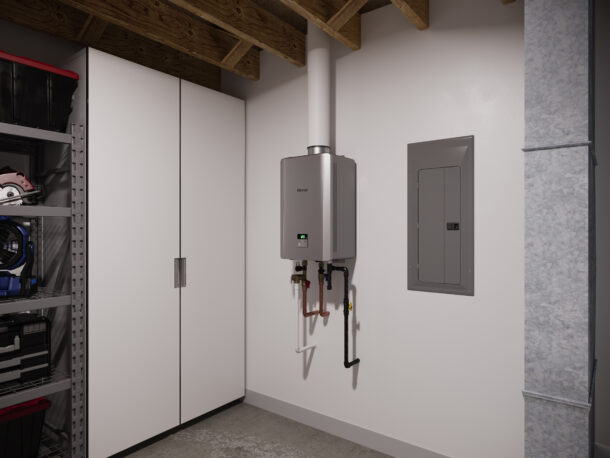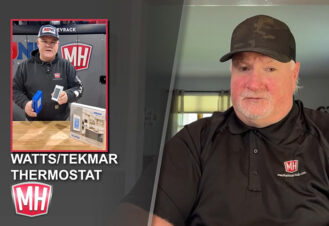Advancements in technology, sustainability, and accessibility have been driving constant change in various industries, and plumbing is no different. What previously seemed to be a norm, plumbing experts are now substituting it with more efficient and advanced technology, especially in regard to plumbing appliances and fixtures. Let’s look at some trends that are already shaping the plumbing industry and what to expect in the future.

Increase in Online Subcontractor Scheduling
Most reputable plumbing companies like Grable Plumbing Services are catching up with technology by enabling potential clients to request free estimates and schedule consultations effortlessly on a website.
Plumbing experts are increasingly adopting the use of project management software, which enables them to monitor their plumbers’ productivity and performance while reducing downtime. There is also the use of digital apps that enhance effective communication and collaboration in real-time among plumbers, especially when not physically present at the site.
Adoption of Tankless Water Heaters
There is a rising number of commercial and residential property owners installing tankless water heaters. The water heaters only work on demand, enabling you to save a notable amount of money and energy. Besides that, tankless water heaters occupy less space compared to traditional water heaters and feature an extended lifespan than the conventional counterparts.
Use of Better Materials
Manufacturers are now using better materials to develop plumbing pipes and fixtures. PEX piping is a newer plumbing material that continues to gain popularity due to its flexibility, durability, and affordability compared to traditional copper piping.
In addition, PEX piping has the ability to resist corrosion and scale buildup, which mostly happens with copper pipes. It also withstands freezing temperatures and higher pressures, improving its lifespan. If you are a cautious property owner, you can add better insulation to your plumbing pipes to protect them from freezing during winter. It is also a perfect way to maintain hot water temperatures for longer periods.
The Rise in Automation and Sensors
The plumbing landscape is immensely changing, thanks to the increased adoption of smart automation and sensors. This has become more popular in residential homes. For instance, homeowners are installing sensor-activated toilets to enable automatic flushing and faucets that automatically turn on and off.
There are also showerheads capable of tracking your water usage and leak-detecting sensors. All these go a long way in helping you to save water and energy. Currently, you can find automatic toilets and faucets even in commercial applications.
Increased Awareness About Greywater Plumbing
Like many property owners who have become more environmentally conscious, you might be looking for ways to lower your environmental footprint and conserve water. The best way to do this is through setting up a greywater plumbing system.
The average American family consumes more than 300 gallons of water each day at home, with the largest share being consumed by toilets, showers, and faucets. By establishing proper greywater systems, you can recycle greywater from sinks and showers and use it to water plants or flush toilets.
Superior Water Filtration Systems
Filtration systems enable the cleansing of potable water to remove subtle elements like chlorine and magnesium. Many water filtration systems have been using reverse osmosis as a major component of the process.
Ultraviolet light and activated carbon stand out as the future of water filtration. While the former focuses on filtering smaller particles, the latter effectively gets rid of viruses, bacteria, and parasites.
Technology plays a crucial role in what you should expect in plumbing moving forward. Nothing is set in stone, and all these trends will keep changing as new discoveries are made. The best thing to do is to stay informed and keep track of the latest trends to make the best plumbing decisions for your business or home.




Join the conversation: